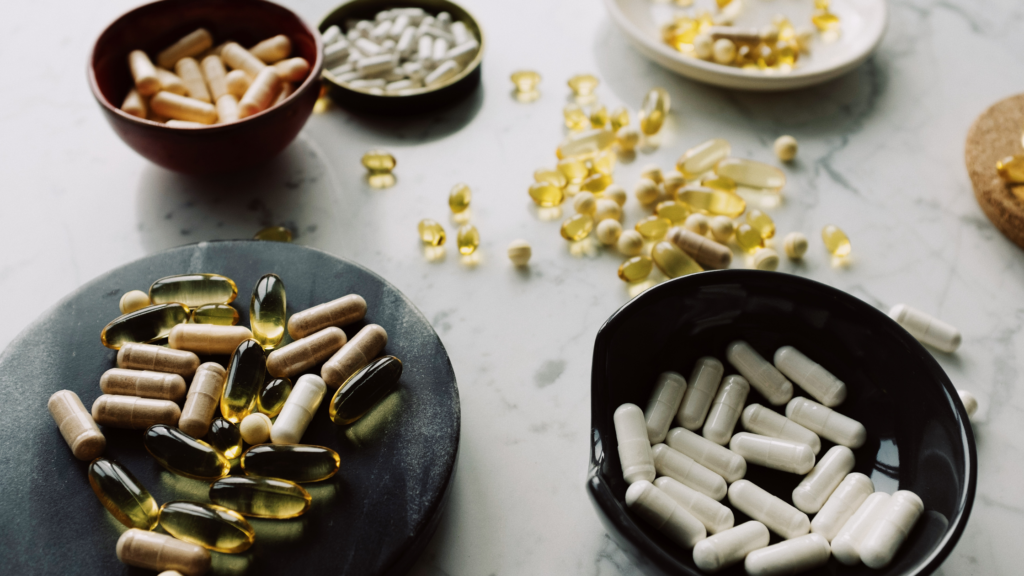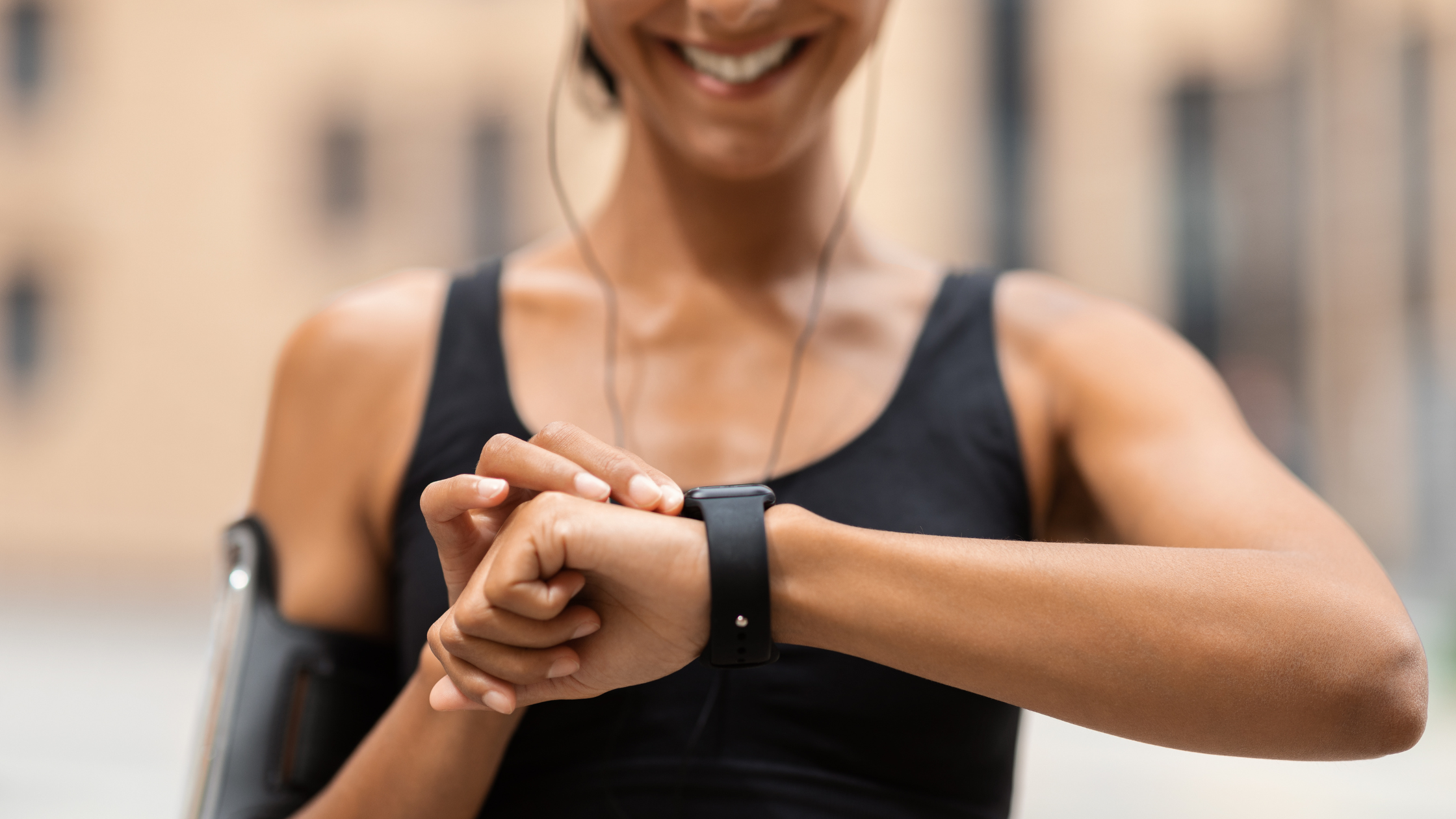In our quest for peak mental performance, nootropics (a.k.a. “smart drugs” or cognitive enhancers) have become all the rage. Nootropics are supplements or substances that can improve brain functions like memory, focus, creativity, or motivation. But with so many options out there, which ones actually work? In this research-backed list, we’ll explore the best nootropics for memory and focus – backed by scientific studies – and provide a friendly buying guide. Whether you’re a student, a busy professional, or just looking to stay sharp, these nootropics might give you a cognitive edge. (As always, consult a healthcare provider before starting any supplement.) Let’s dive in!
1. Caffeine + L-Theanine – Instant Focus Boost
What it is: Caffeine is well-known (in coffee, tea, etc.) for alertness. L-Theanine is an amino acid found in green tea that promotes relaxation without drowsiness. Together, they form a classic nootropic duo.
How it works: Caffeine boosts your alertness and energy by blocking adenosine in the brain. L-Theanine promotes alpha brain waves, inducing a calm but awake state. When taken together, L-Theanine smooths out the jitters of caffeine and enhances focus. Research has shown this combination can improve attention and cognitive performance more effectively than caffeine alone. One study with 100 mg caffeine + 200 mg L-theanine found participants had faster reaction times and better accuracy on tasks compared to caffeine by itself.
Why we recommend it: It’s affordable and accessible – basically an upgraded cup of tea or coffee. Great for when you need intense concentration (studying, coding, etc.). Many nootropic enthusiasts start here before trying anything else. Dose-wise, a common combo is ~50-100 mg caffeine (about a small cup of coffee) with 100-200 mg L-Theanine. You can find this combo in supplement form or DIY by taking a theanine capsule with your coffee.
Buyers’ notes: If you’re already a coffee/tea drinker, adding L-Theanine can make a noticeable difference in how smooth your focus feels. Look for Caffeine + L-Theanine capsules in a 1:2 ratio. This stack is safe for most people in moderation, but avoid taking late in the day (caffeine can still impair sleep).
2. Omega-3 Fish Oil – Brain-Healthy Fatty Acids
What it is: Fish oil contains omega-3 fatty acids like DHA and EPA, which are crucial for brain health (our brains are about 60% fat!). You can get it from fatty fish or fish oil supplements; vegetarians can opt for algae-based omega-3s.
How it works: DHA is a major component of neuronal membranes in the brain. Adequate omega-3 intake has been linked to better cognitive aging and mood. But even for younger healthy people, there’s evidence that fish oil can improve mental performance by enhancing blood flow in the brain. A 2022 review found that omega-3 supplementation improved tasks involving memory and learning, possibly due to improved cerebral circulation.
Why we recommend it: Omega-3s are foundational – think of them as brain “fuel” and structural support. They may not give you a noticeable immediate boost like caffeine, but over weeks and months they support overall brain function and neuroprotection. Some studies also show mild improvements in attention and processing speed, especially in those who had diets low in omega-3.
Buyers’ notes: Look for high-quality fish oil with a good ratio of EPA:DHA (or an algae omega-3 if you prefer). Typical dose is 1-2 grams of combined EPA/DHA per day. Benefits build up with consistent use. As a bonus, omega-3s support heart health and reduce inflammation, so it’s a great all-around supplement.
3. Creatine – Memory and Energy Booster
What it is: Creatine is a compound often used by athletes for muscle energy, but it’s also a nootropic! It helps recycle ATP (energy) in cells, including brain cells.
How it works: By providing rapid energy to brain cells, creatine can enhance memory and intelligence, particularly when your brain is doing heavy work or when you’re sleep deprived or stressed. One study found that creatine supplementation improved short-term memory and reasoning skills in healthy adults. In that 2018 study, people who took creatine did better on memory tests and reported less mental fatigue. It’s thought to be especially helpful for vegetarians or those with lower baseline creatine (since we mostly get it from meat in diets).
Why we recommend it: Creatine’s effect on the brain is subtle but well-demonstrated in research. It might help you squeeze out a bit more mental performance when you need it. Plus, if you work out, you get the physical benefits too (strength, muscle recovery). It’s one of the most-studied supplements out there with a strong safety profile.
Buyers’ notes: Creatine monohydrate is cheap and effective. A typical dose is 5 grams per day. It’s tasteless; you can mix the powder in water or a smoothie. Give it a few weeks to saturate your system. Note: creatine can cause a bit of water retention (in muscles), but that’s mostly a physical effect and not a concern health-wise.
4. Bacopa Monnieri – Ancient Herb for Memory
What it is: Bacopa Monnieri (also called Brahmi) is an herb used in Ayurvedic medicine for centuries as a memory and learning enhancer.
How it works: Bacopa is thought to enhance nerve signal transmission and has antioxidant effects that protect brain cells. It doesn’t give an instant boost; rather, studies show that after several weeks of daily use, Bacopa can improve memory recall and cognitive processing. In fact, multiple clinical studies have demonstrated improvements in verbal learning and memory in people taking Bacopa. It’s been described by researchers as a “calming cognitive enhancer,” meaning it can reduce anxiety while boosting cognition – a great combo for learning.
Why we recommend it: For someone looking to improve study ability or memory retention, Bacopa has some of the strongest evidence among herbs. For example, in trials with adults, those taking Bacopa performed better in memory tests (like recalling word lists) compared to placebo. It also helps with mental clarity and reducing stress. It’s a natural, gentle option – expect gradual improvements over 4-6 weeks.
Buyers’ notes: Bacopa supplements are widely available. Standard dose in studies is around 300 mg of a Bacopa extract (with 50% bacosides, the active component) per day. It’s often included in nootropic blends. Be patient – you need to take it daily for a while to notice effects. Some people experience mild digestive upset; if so, try taking it with food.
5. Ginkgo Biloba – Boosts Circulation to the Brain
What it is: Ginkgo is one of the oldest living tree species, and its leaves have been used in traditional Chinese medicine to improve brain function. It’s a popular supplement for memory.
How it works: Ginkgo is believed to improve blood flow, including in small vessels in the brain, and it also has antioxidant properties. Research suggests Ginkgo biloba may enhance short-term memory and cognitive speed, particularly in older adults or those experiencing cognitive decline. It’s often used as a preventive nootropic for maintaining brain health over time.
Why we recommend it: While the evidence is mixed for young, healthy people, ginkgo does have a notable effect on cognition in many studies, and it’s very safe when used appropriately. Users sometimes report feeling more alert and that their “thinking feels sharper” after a few weeks of use. It might not make you a genius overnight, but it could support overall brain function and memory recall.
Buyers’ notes: Ginkgo comes in capsules or tablets; a common dose is 120 mg per day of a standardized extract (often split into two doses). It can take 4-6 weeks to notice benefits. If you are on blood thinners or have bleeding disorders, check with a doctor before use, as ginkgo can have mild blood-thinning effects.
6. Rhodiola Rosea – Fights Mental Fatigue
What it is: Rhodiola is an adaptogenic herb (grows in cold regions like Siberia) known for enhancing resilience to stress and fighting fatigue.
How it works: Rhodiola helps modulate stress hormones and may improve neurotransmitter levels. By reducing mental fatigue, it indirectly improves focus and cognitive function, especially under stress. Some research backs up its brain benefits – for instance, studies indicated that Rhodiola supplementation led to improvements in learning capacity and memory, likely by improving cerebral energy metabolism. It’s particularly noted for helping in prolonged mentally demanding tasks and reducing burnout.
Why we recommend it: If you often feel “brain tired” or mentally exhausted, Rhodiola can be a game-changer. It gives a subtle stamina boost to the mind. Think of it as increasing your mental endurance – you can concentrate longer and stay more motivated, without the need for a stimulant. It also tends to uplift mood. As an adaptogen, it helps balance your body under stress, which can keep your mind sharper.
Buyers’ notes: Look for Rhodiola rosea extract standardized to at least 3% rosavins. Typical doses range from 200-400 mg per day. It can be stimulating for some, so it’s often recommended to take in the morning or early afternoon. Effects (less fatigue, more focus) might be noticed within a couple of hours, but also build with daily use.
7. Qualia Mind – All-in-One Nootropic Stack
What it is: Qualia Mind is a premium nootropic supplement that combines a long list of ingredients (28 in total!) into one stack. It includes many of the above substances – and then some – in carefully chosen dosages. Notable components: Bacopa Monnieri, Rhodiola Rosea, Ginkgo Biloba, DHA, Huperzine-A, Alpha-GPC (a choline source), L-Theanine, caffeine, L-Tyrosine, vitamins B6, B12, and more.
How it works: The idea behind Qualia Mind (by Neurohacker Collective) is synergy. By providing a broad spectrum of nootropics, it aims to support every aspect of cognition: memory, focus, energy, creativity, and mood. For example, it provides choline donors for acetylcholine (memory neurotransmitter), herbal adaptogens for stress, amino acids for neurotransmitter synthesis, and mild stimulants for alertness. Each ingredient has research backing for cognitive benefits, and together they’re designed to complement each other.
Why we recommend it: If you’re looking for a convenient, comprehensive solution and don’t want to juggle multiple bottles, Qualia Mind is a top-tier choice. Users often report a notable lift in focus, mental clarity, and even motivation within an hour of taking it. It’s like a broad-spectrum multivitamin for your brain, formulated based on scientific research. The company is transparent about why they include each ingredient (for those who like to geek out on the rationale).
Buyers’ notes: Qualia Mind is on the expensive side (premium quality comes at a premium price). It also requires taking a handful of capsules (7 capsules is a standard serving) – which some might find inconvenient. However, you can adjust the dose (e.g., 5 capsules instead of 7) to find what works for you, especially if you’re sensitive. Because it contains some caffeine, take it in the morning or early day. It’s a great option for professionals or anyone who wants an all-in-one mental performance booster without having to DIY their stack. As with any complex supplement, pay attention to how you feel and possibly cycle it (e.g., 5 days on, 2 days off each week) to prevent tolerance.
Final Tips and Call-to-Action
When exploring nootropics, remember that basics come first: a healthy diet, regular exercise, and good sleep are foundational for brain function. Nootropic supplements can enhance and fine-tune your cognitive performance, but they work best on a healthy baseline. Also, individual responses vary – what’s amazing for one person might be subtle for another, so some experimentation is part of the journey.
To start, pick one or two nootropics that resonate with your goals:
Need immediate focus? Try the caffeine + L-Theanine combo.
Looking to boost your memory over the long term? Bacopa or Omega-3s are great bets.
Fighting mental fatigue or stress? Rhodiola or a pre-formulated stack like Qualia Mind might help.
All the nootropics listed here are legal, over-the-counter supplements in most countries and have research supporting their use. If you’re ready to hack your brain, consider grabbing one of the above from a reputable source (many are available on Amazon or health stores). Always follow dosage instructions and give it a fair trial (some need weeks to show effects).
Unlocking even a small 5-10% improvement in your cognitive performance can make a big difference in productivity and learning. With a thoughtful approach, nootropics can be a valuable tool in your peak performance toolkit. Happy brain hacking!












